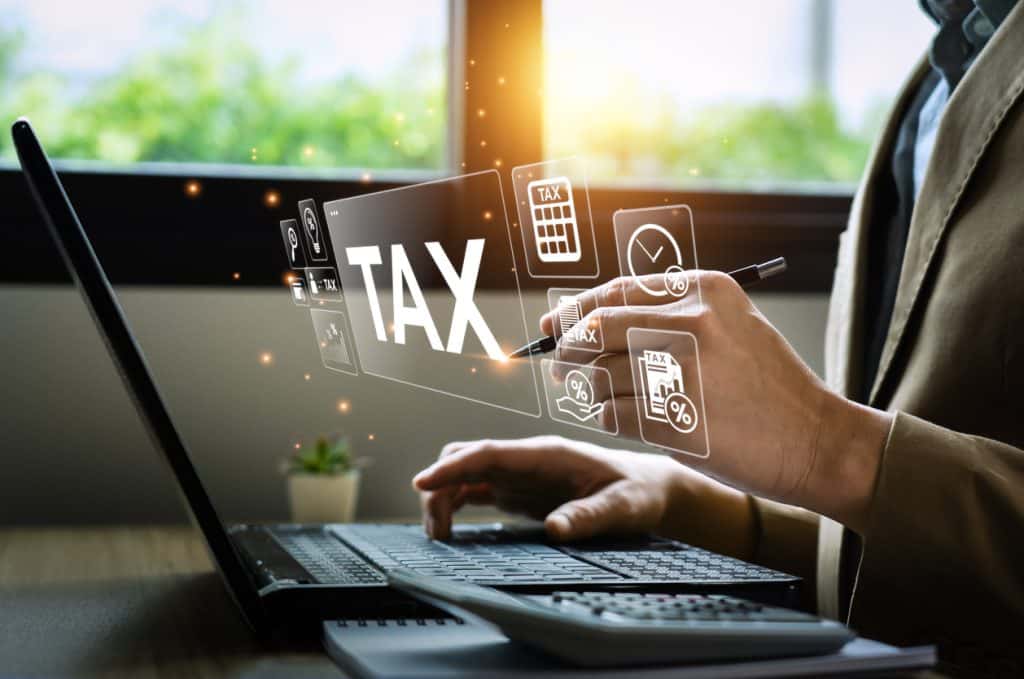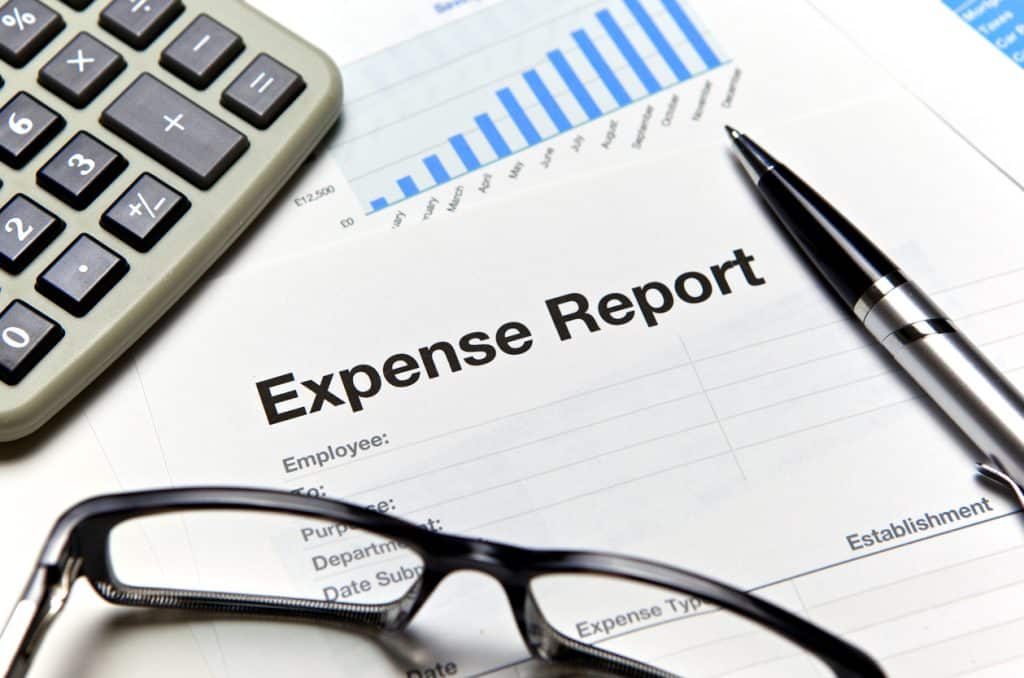Business travel often involves a myriad of expenses, from transportation and accommodation to meals and materials. Managing these expenses efficiently is crucial for both employees and employers. In this article, Organilog provides a comprehensive guide on how to create an expense report, ensuring seamless reimbursement and meticulous record-keeping for your company.
What is an Expense Report?
An expense report is a document designed to facilitate the reimbursement of professional expenses incurred by an employee during a business trip. It serves as a detailed record of all costs accrued by the employee while using their personal funds to ensure a successful mission. Once completed, the employee submits the expense report to their employer for review and reimbursement.
Essential Elements of an Expense Report
To create a well-structured expense report that expedites the reimbursement process, the document should include the following key elements:
- Job Details:
- The start and end dates of the business trip.
- Employee’s identity and department.
- Job Purpose:
- A brief description of the mission’s objective.
- Expense Categories:
- A breakdown of the expenses into categories such as accommodation, transportation, meals, and more.
- Travel Specifics:
- Locations visited and the duration of each visit.
- Cost Breakdown:
- A detailed account of expenses, both with and without taxes included.
- Employee and Employer Signatures:
- Signatures from both the employee and the employer to certify the report’s accuracy.
Typically, companies provide expense report templates for their employees. Therefore, employees are only required to fill in the necessary information, simplifying the process. To further assist you in creating expense reports, Organilog offers a free and easily downloadable expense report template.
When and How to Process Expense Reports
Once your employee returns from a business trip and submits their completed and signed expense report, there are specific legal requirements and timeframes to consider for reimbursement. It’s essential to understand which expenses are eligible for reimbursement and which are the responsibility of the employee.
Eligible Expenses for Reimbursement Include:
- Transport costs (e.g., train, plane, public transport, mileage).
- Accommodation expenses if the mission location is more than 50 kilometers from the employee’s home.
- Food-related expenses for breakfast, lunch, and dinner.
- Professional expenses related to necessary materials for the mission or subscriptions.
Employers must reimburse employee expense reports within a minimum period of 5 years. On the other hand, employees should provide their receipts and supporting documents within a maximum of 3 months.
Moreover, it is a legal requirement for companies to retain supporting documents for 10 years. Any unjustified expense reports cannot be reimbursed and may be considered a “benefit in kind.”
Employee Expense Reimbursement
Employers can choose between two methods for reimbursing employee expenses:
- Reimbursement of Actual Costs:
- This method entails reimbursing all expenses incurred during the mission.
- Employees must provide supporting documents and invoices, such as sales receipts, rental contracts, and invoices.
- Lump-Sum Reimbursement:
- Lump-sum reimbursement follows the scale imposed by the URSSAF (Union de Recouvrement des Cotisations de Sécurité Sociale et d’Allocations Familiales).
- It is suitable for recurring expenses, including travel, catering, mileage allowances, and some professional mobility-related costs.
- Employers have the right to establish deadlines for employees to submit their expense report documentation.
It’s crucial to communicate the chosen reimbursement method to employees in advance to avoid misunderstandings and ensure a smooth process. Additionally, costs related to accommodation are reimbursable only if the mission’s location is more than 50 kilometers from the employee’s home or takes more than 1 hour and 30 minutes to reach by transport.
Reimbursements for employee expenses enjoy an exemption from social security contributions and income tax, making them a cost-effective way to compensate employees for their mission-related expenditures.
Recovering VAT on Employee Expense Reports

Recovering Value Added Tax (VAT) on employee expense reports is possible under certain conditions. To be eligible for VAT recovery, the supporting documents accompanying the expense report must include the VAT amount, its applicable rate, and the pre-tax invoice amount. The invoice must be issued in the company’s name, and the expense must be incurred solely for the benefit of the company. The supplier must also be liable for VAT.
VAT recovery applies to meal costs during missions, business lunches, and corporate events. However, VAT cannot be reclaimed on motorway toll tickets and fuel costs.
When it comes to accommodation expenses, VAT is unrecoverable for hotels or apart-hotels. Nevertheless, it can be recovered for breakfasts, drinks, and long-term missions.
Creating Mileage, Accommodation, and Meal Expense Reports
Mileage Expense Report:
A mileage expense report includes all the standard information found in a typical expense report, with additional details on the vehicle used for the mission. These details comprise the make and model of the vehicle, its fiscal power, the number of kilometers at the departure and arrival locations, the total distance covered, and the mileage cost.
Accommodation Expense Report:
An accommodation expense report requires the inclusion of the date and location of accommodation, the expense amount, and the necessary accompanying invoice. The invoice should contain details regarding the number of nights, room-related expenses, and a zero balance.
Meal Expense Report:
A meal expense report documents the nature and amount of meal-related expenses, the date of the expense, and must be accompanied by an invoice.
Simplify Expense Report Generation with Software
Regardless of the type of expense report required, our management software offers a practical solution for recording and managing employee reimbursement processes. Our tool enables the creation of fully customizable and digital expense reports. Employees can easily complete and submit their reports for efficient processing by the accounting department.
By using Organilog’s management solution, you can say goodbye to paper-based documentation and eliminate the risk of lost documents. Keep track of your expenses and effortlessly manage the reimbursement process, resulting in a more streamlined and cost-effective approach to managing employee expenses.
In conclusion, understanding how to create an expense report is essential for businesses to ensure accurate and timely reimbursements while maintaining impeccable record-keeping. Employing the right methods, using efficient tools, and adhering to legal requirements will help companies and employees navigate the expense report process seamlessly. For a personalized demonstration of how Organilog can simplify your expense report management, request your free demo today!






















